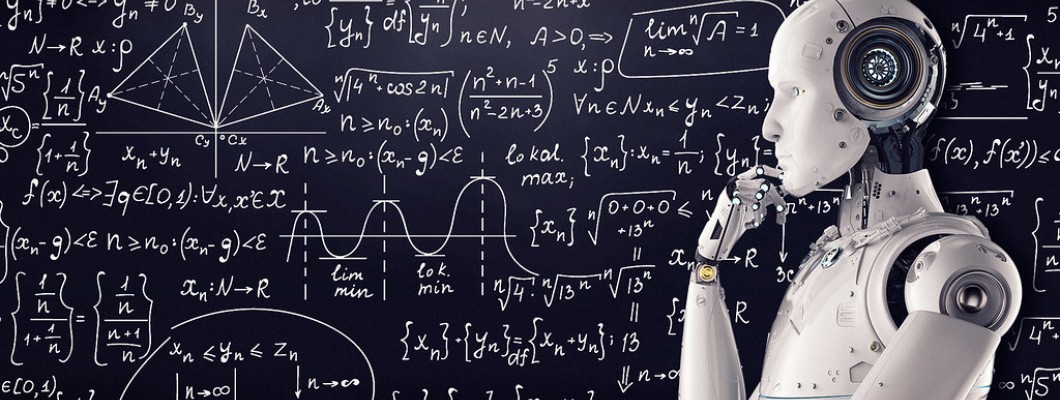
Robotics
Robotics is the branch of engineering that deals with the design, construction, operation, and application of robots. Robots are typically used to perform tasks that are difficult or dangerous for humans to perform, such as manufacturing, exploration, and hazardous environments.
The field of robotics has seen significant advancements in recent years, with robots becoming more intelligent, versatile, and capable. Advances in artificial intelligence and machine learning have allowed robots to perform tasks that were once thought to be the exclusive domain of humans, such as object recognition, natural language processing, and decision making.
One of the most important applications of robotics is in manufacturing, where robots are used to perform tasks such as welding, painting, and assembly. In many cases, robots are able to perform these tasks more efficiently and accurately than humans, leading to increased productivity and cost savings for companies.
Another important application of robotics is in the field of healthcare. Robots are increasingly being used in hospitals to assist with surgeries, rehabilitation, and other medical procedures. In addition, robots are also being used to provide care and support for the elderly and people with disabilities.
In the future, it is likely that robotics will continue to play a significant role in our lives. As technology continues to advance, robots will become even more intelligent and capable, enabling them to perform a wider range of tasks and helping to improve our quality of life.
The future of robots
The future of robots is an exciting and rapidly-evolving field. As technology continues to advance, robots are becoming increasingly intelligent, versatile, and capable. In the coming years, it is likely that robots will play an even more significant role in our lives, transforming industries and revolutionizing the way we live and work.
One of the most important areas where robots are likely to have a major impact is in manufacturing. As robots become more intelligent and capable, they will be able to perform a wider range of tasks, from assembly and welding to painting and inspection. This will enable companies to increase their productivity and efficiency, leading to cost savings and improved competitiveness.
Another area where robots are likely to have a major impact is in healthcare. As the global population continues to age, there will be an increasing need for healthcare services. Robots will play a crucial role in meeting this demand, providing assistance with surgeries, rehabilitation, and other medical procedures. In addition, robots will also be able to provide care and support for the elderly and people with disabilities.
In addition to their role in manufacturing and healthcare, robots will also have a major impact on other industries, such as transportation, construction, and agriculture. For example, self-driving cars and trucks will become more common, enabling faster and more efficient transportation. In the agricultural sector, robots will be able to perform tasks such as planting, watering, and harvesting crops, improving efficiency and reducing labor costs.
Overall, the future of robots is bright. As technology continues to advance, robots will become increasingly intelligent and capable, transforming industries and improving our quality of life.
Global Robot Marketplace
